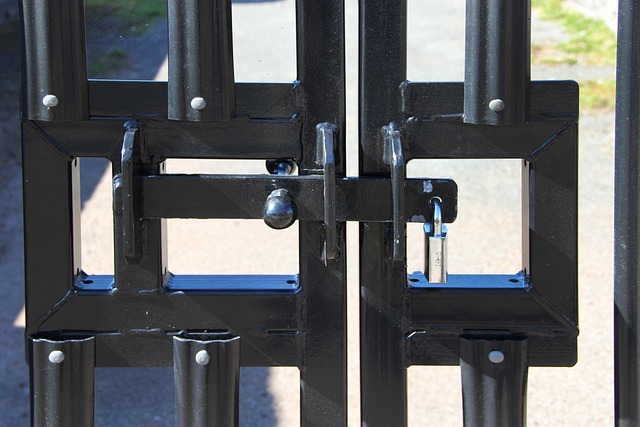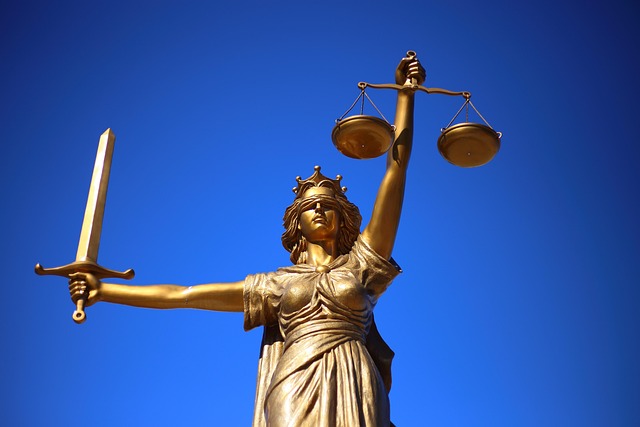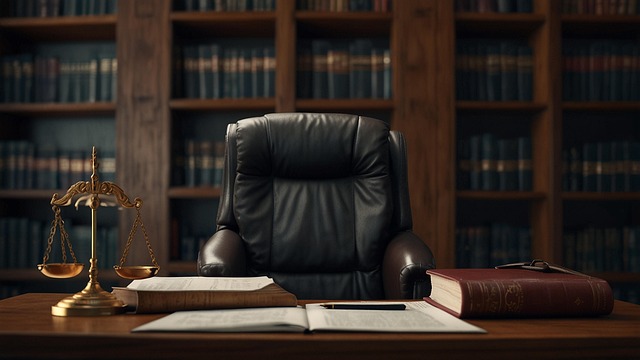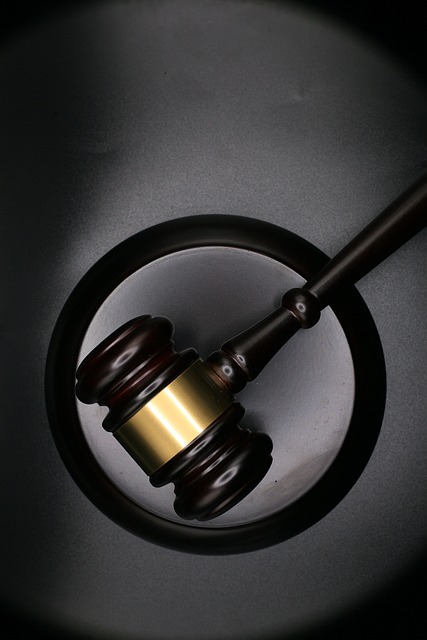Oregon's criminal justice system demands a deep understanding from legal professionals to balance rights and pursue justice effectively. The standard model includes four key branches: law enforcement, prosecution, defense, and judiciary. Navigating this complexity requires immediate consultation with experienced criminal justice defense attorneys for strategic defense planning. Evidence handling, expert witnesses, and character testimony are crucial elements in building robust defenses. Understanding the court process, from investigations to appeals, is essential for fair trials and favorable resolutions.
In Oregon, navigating a criminal allegation requires understanding the state’s robust yet complex criminal justice system. This comprehensive guide delves into the intricate process of criminal defense, from initial accusation to resolution. We explore strategic legal options and rights, evidence handling, and the power of expert witnesses and character testimony. By unraveling these aspects, you’ll gain valuable insights for building a strong defense and securing the best possible outcome in Oregon’s courtrooms.
- Understanding Oregon's Criminal Justice System: A Foundation for Defense
- Early Stages of Defense: Initial Steps After an Accusation
- Building a Strong Defense Strategy: Legal Options and Rights
- Evidence Handling and Challenges: Debunking Allegations
- The Role of Expert Witnesses and Character Testimony
- Navigating the Court Process: Trial, Appeals, and Resolutions
Understanding Oregon's Criminal Justice System: A Foundation for Defense

Oregon’s criminal justice system is a complex web designed to uphold the law and ensure justice. At its core, it follows a standard model with distinct branches: law enforcement, prosecution, defense, and the judiciary. Understanding this structure forms the foundation for effective criminal justice defense.
Legal professionals navigating Oregon’s system must grasp the rights of both the accused and the victims, balanced against the state’s responsibility to pursue justice. This includes recognizing the role of attorneys in providing legal counsel, protecting constitutional rights, and presenting a robust defense strategy. Knowledge of local laws, court procedures, and potential charges empowers defendants and their representatives to navigate this intricate landscape successfully.
Early Stages of Defense: Initial Steps After an Accusation

When facing criminal allegations in Oregon, the early stages of defense are crucial for setting a strategic path to a favorable outcome. The initial steps involve understanding the charges and gathering relevant information. Accused individuals should promptly consult with an experienced criminal justice defense attorney who can provide guidance tailored to their unique situation. Legal counsel will explain the specifics of the case, review evidence, and identify potential defenses or strategic options.
During this phase, it’s essential to remain calm, cooperate with legal representatives, and avoid making any statements that could be misconstrued. Preservation of evidence, documentation of interactions, and timely responses to legal notices are critical. These initial defensive maneuvers lay the groundwork for a robust defense strategy aimed at refuting allegations, protecting rights, and ensuring a fair process within Oregon’s criminal justice system.
Building a Strong Defense Strategy: Legal Options and Rights

When facing criminal allegations in Oregon, building a robust defense strategy is paramount to ensuring a fair outcome. The first step involves understanding your legal rights and options within the state’s criminal justice system. Oregon’s laws offer various protections for accused individuals, including the right to remain silent, the right to an attorney, and the right to a fair trial. Consulting with an experienced criminal justice defense lawyer is crucial to navigating these complexities.
Legal options include challenging the admissibility of evidence, questioning witness testimonies, and exploring potential defenses like self-defense, lack of intent, or misidentification. A well-crafted defense strategy may involve motions to suppress illegal searches or statements made without proper warnings. By leveraging these legal tools, defendants can protect their rights and present a compelling case in their defense.
Evidence Handling and Challenges: Debunking Allegations
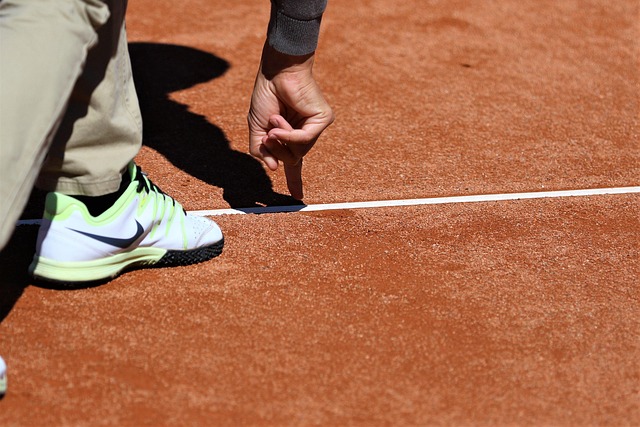
In Oregon, evidence handling plays a pivotal role in the defense against criminal allegations. The legal process demands meticulous attention to detail when gathering and presenting evidence. Criminal justice defense attorneys must carefully scrutinize every piece of evidence to ensure its integrity and admissibility. This includes challenging the validity of allegations by examining witness testimonies, questioning the reliability of physical evidence, and exploring any potential contamination or manipulation.
Effective criminal justice defense strategies often involve exposing inconsistencies and weaknesses in the prosecution’s case. By thoroughly investigating and presenting alternative explanations, defense lawyers can debunk false accusations and create reasonable doubt in the minds of jurors. This meticulous approach ensures a fair trial, allowing for a more accurate representation of the facts and protection against unjust convictions.
The Role of Expert Witnesses and Character Testimony

In the intricate landscape of criminal justice defense, expert witnesses and character testimony play pivotal roles in shaping the outcome of cases in Oregon. Expert witnesses are crucial assets for defendants, providing specialized knowledge that can challenge or bolster prosecution evidence. These experts, often with advanced training and experience in fields like forensic science, psychology, or digital forensics, offer insights that may sway jurors’ perceptions and ultimately influence their decisions.
Character testimony, on the other hand, is a powerful tool to counter criminal allegations. Friends, family members, or colleagues can take the stand to vouch for an accused person’s good character and integrity. Such testimonies can humanize the defendant in the eyes of the jury, offering a contrast to the alleged crimes. This strategy aims to create reasonable doubt, a cornerstone of Oregon’s criminal justice system, by presenting a comprehensive view of the individual beyond the charged offenses.
Navigating the Court Process: Trial, Appeals, and Resolutions

Navigating the court process in Oregon for criminal allegations involves understanding key components such as trial, appeals, and resolutions. The initial step is a thorough investigation by law enforcement and the presentation of evidence to a grand jury, which determines if charges will be filed. If an indictment occurs, the case moves forward to trial where both the prosecution and defense present their arguments and evidence.
Following the trial, dissatisfied parties may appeal the verdict or sentence to higher courts, seeking reversal or modification. This appeals process allows for further scrutiny of legal errors or evidentiary insufficiencies. Resolutions can vary from acquittal, where the defendant is found not guilty, to plea bargains, where the defendant agrees to plead guilty to a lesser charge in exchange for reduced sentencing. Effective criminal justice defense strategies navigate these stages, ensuring fairness and minimizing negative outcomes for those accused.


